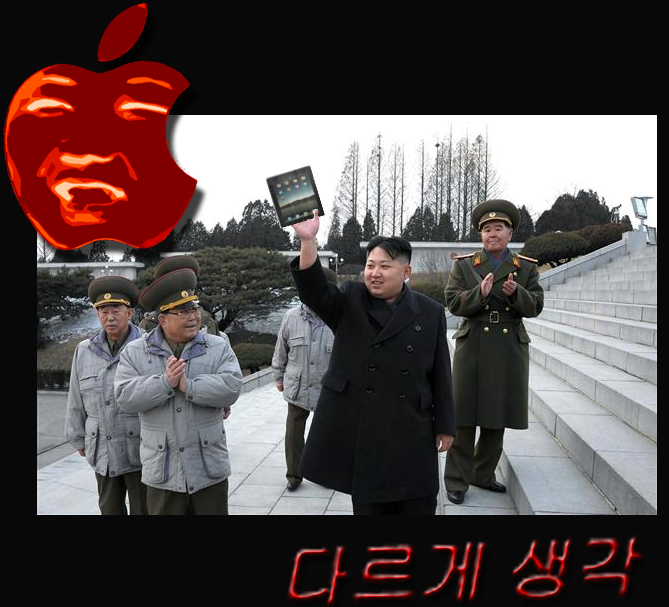
This picture taken by North Korea's official Korean Central News Agency on January 23, 2012 shows North Korean leader Kim Jong-un (2nd R) visiting the Mangyongdae Revolutionary School at Pyongyang for the celebration of the lunar New Year. Photograph by: KNS , AFP/Getty Images
Mr Lee said Kim’s outlook was a puzzle even though he was partly educated in Switzerland, granting him a more internationalist outlook than his secluded father Kim Jong-il.
“I am sure there is a lot of debate and argument going back and forth within the North Korean leadership,” Mr Lee said. He added that the young leader may not be able to secure consensus within the elite of Pyongyang.
“Perhaps they feel the need to change and open up,” Mr Lee said. “But because of the nature of power within North Korea, they may not be able to do so.”
Mr Lee said the fact that the rise of Kim came “sooner than expected” complicated efforts to divine the balance within Pyongyang’s secretive power caste.
South Korea’s intelligence service was criticized for lacking information following the announcement of Kim’s death in December.
No spy agency is believed to have infiltrated North Korea’s corridors of power.
Most intelligence comes from satellite surveillance and low-level defectors. “There is a lot of analysis of what is going on in North Korea,” said Mr Lee, a former Hyundai executive who also served as mayor of Seoul. “But we need time to have a fuller picture.”
Pyongyang has already announced plans to launch a satellite in April, a procedure that many experts consider is cover for a ballistic missile test.
Mr Lee said this would present North Korea’s Supreme Leader with his first major diplomatic challenge.
The launch would be “a clear violation of UN Security Council resolutions”, he said. “How he deals with the international condemnation will be a litmus test.”
Mr Lee refused to discuss if Seoul would try to shoot down the satellite, although its flight trajectory over the Yellow Sea may take it into South Korean air space.
South Korea hosts the Nuclear Security Summit next week when 50 world leaders including Barack Obama, the U.S. president, Hu Jintao, the Chinese president, Dmitry Medvedev, the Russian president, and Nick Clegg, Britain’s Deputy Prime Minister, will discuss how to make nuclear materials and facilities safer. Mr Obama will visit the demilitarised zone between the North and South this weekend.
While proliferation is not on the summit agenda, North Korea will dominate sideline discussions. One concern confronting world leaders is that doves and hawks in the regime appear to be in open conflict. The satellite plan was announced days after North Korean diplomats secured an agreement with America for food aid in return for a moratorium on nuclear activities and missile tests.
Mr Lee suggested the elite would face increasing calls for change from below.
“We attach a lot of hope that change can happen within the North Korean people,” he said.
The regime is one of the world’s most isolated and repressive but central control has eroded. The collapse of the state distribution system has led to a basic market economy and the birth of a merchant class. Increasing trade with China has enabled rising imports of illegal South Korean TV dramas, films and pop songs, cracking North Korea’s once formidable information wall.
© Copyright (c) The Daily Telegraph